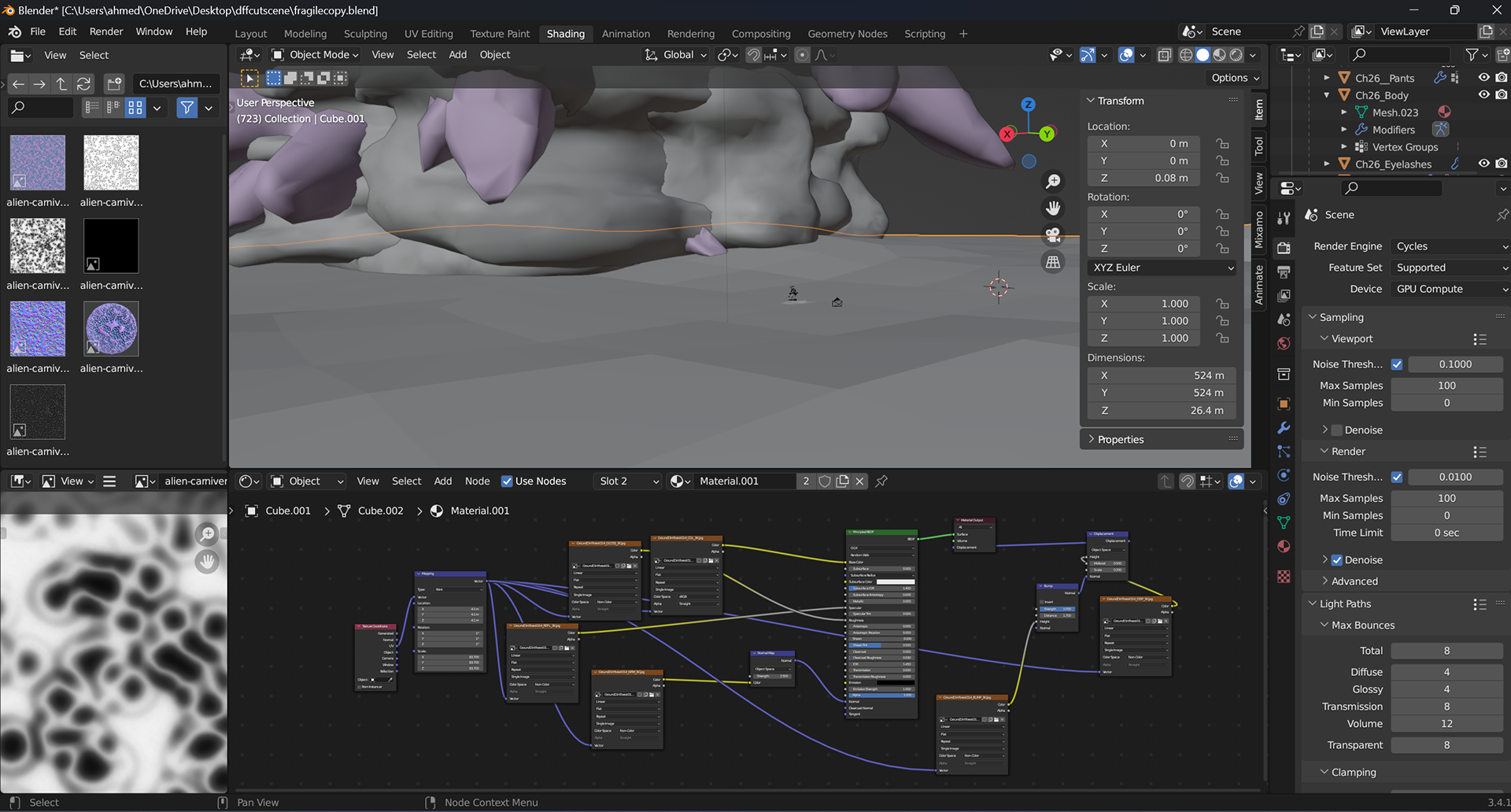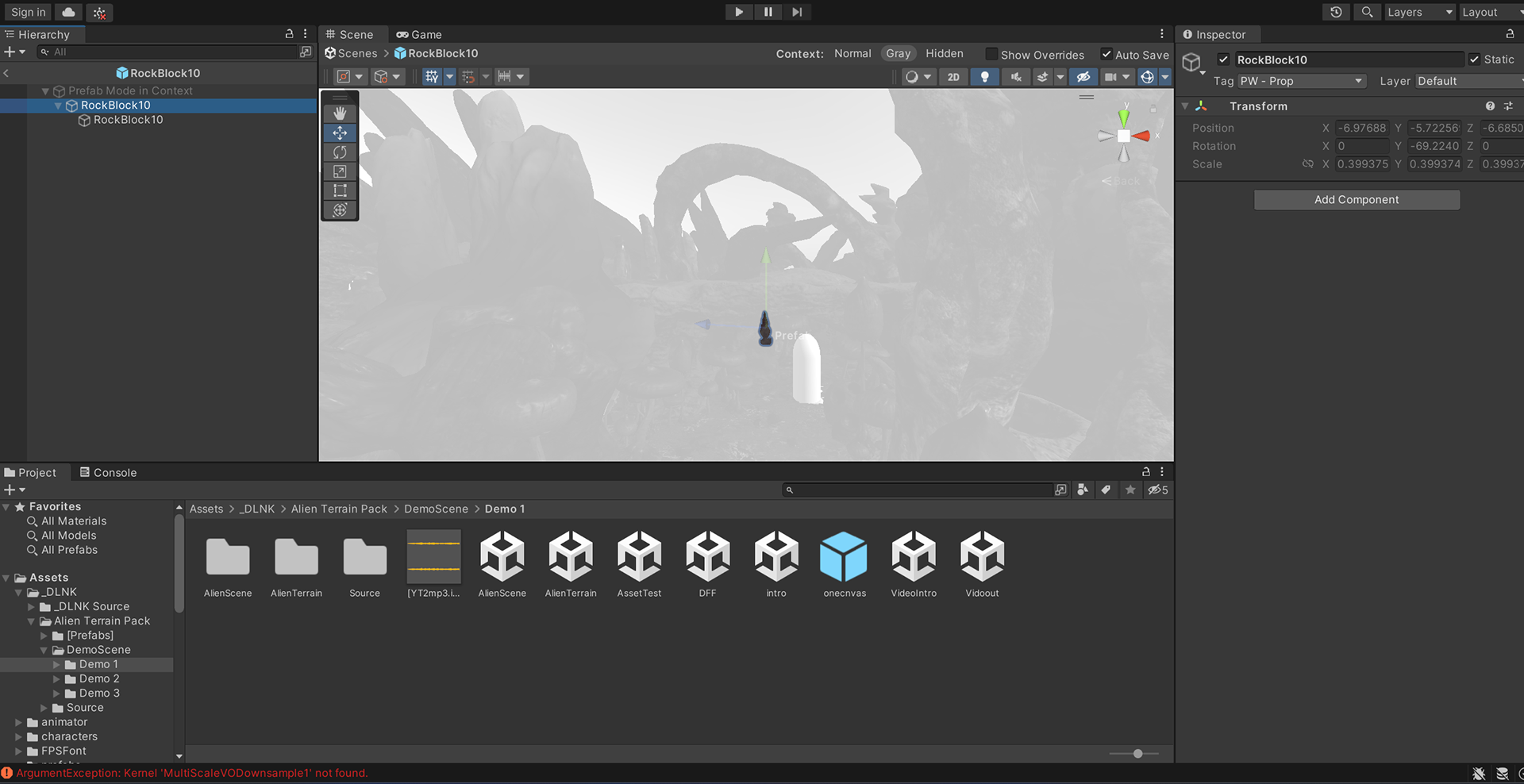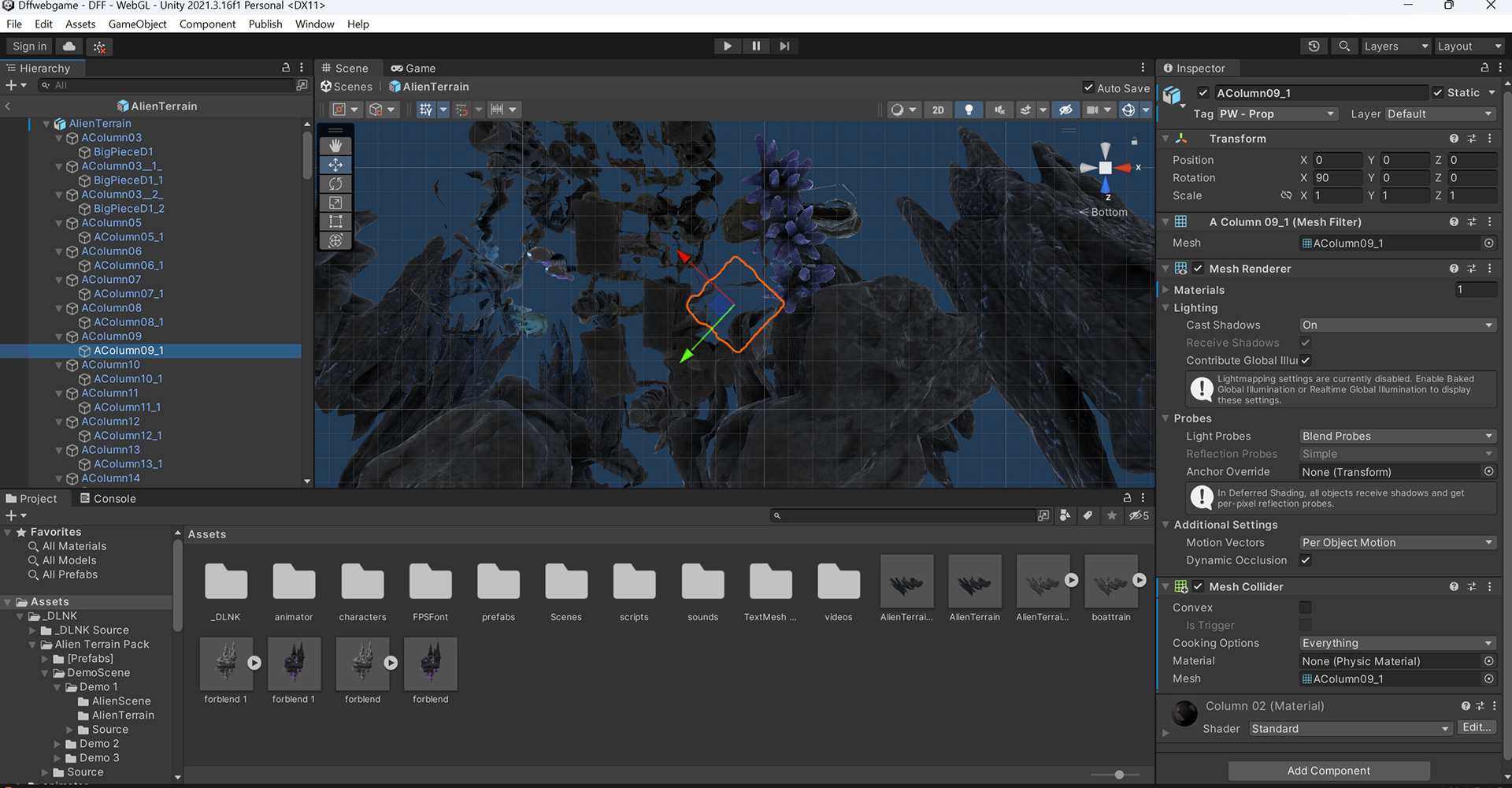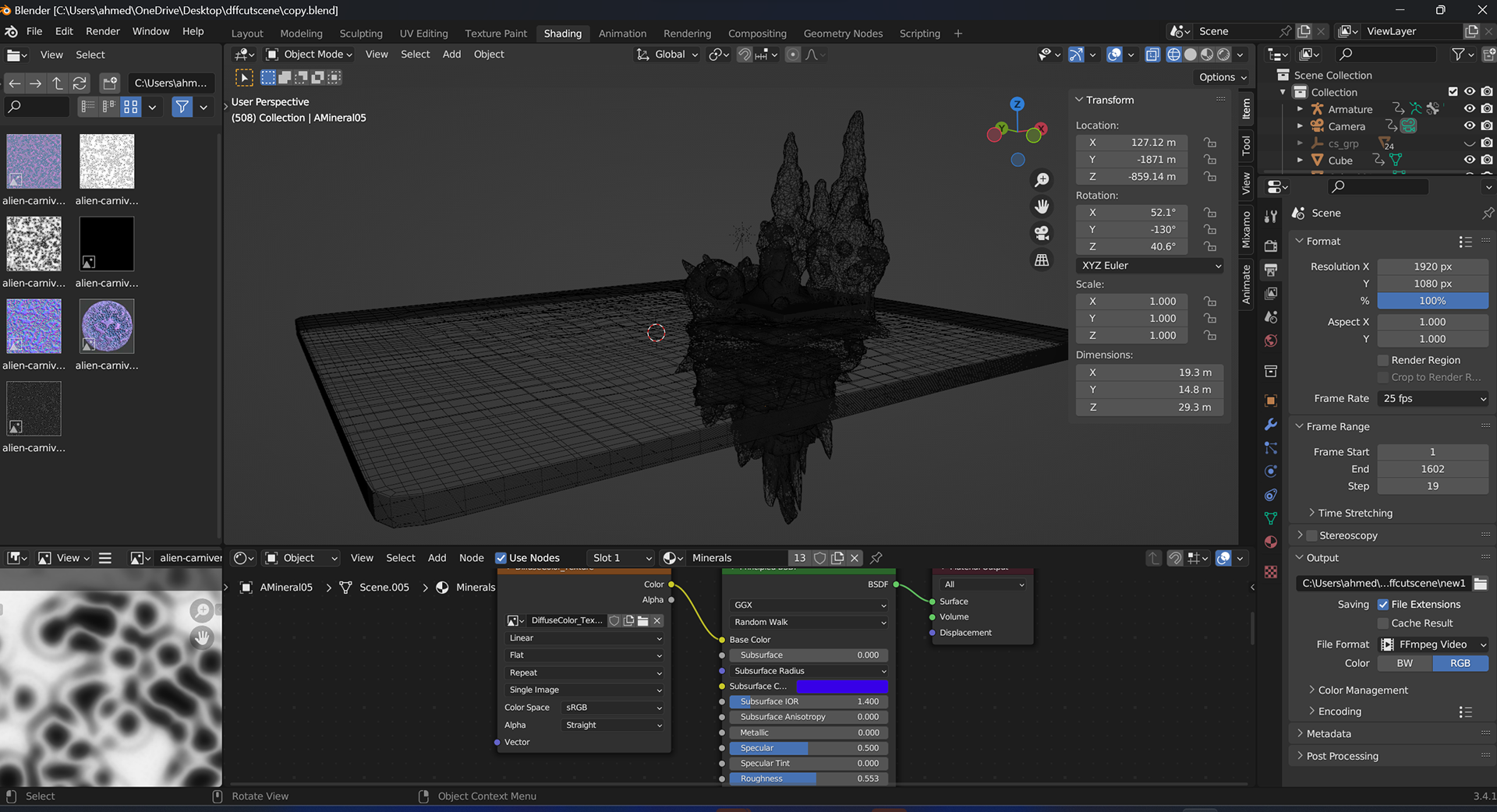The "Decol Game" constitutes a methodology-driven endeavor aimed at decolonizing digital rights in the European context. This initiative is a collaborative effort spearheaded by the Digital Freedom Fund (DFF) and EDRi, involving the active participation of 30 representatives from digital rights and social justice groups. The primary objective of this undertaking is to co-design a comprehensive 'decolonizing program for the digital rights field.'
In its manifestation as a video game, the "Decol Game" takes on an artistic narrative structure, interweaving fragments of thoughts and ideas that reflect my engagement with the decolonization process and its diverse participants. Unlike conventional games with rigidly defined levels and challenges, this artistic creation encourages exploratory interaction, aiming to unveil the pivotal elements underpinning the decolonization process, namely, acknowledgment and healing.
Technologically, the game leverages open-source software tools like Unity, Blender, Sonic Pi, and Python modules. By embracing these tools, the project consciously challenges the prevailing neoliberal conception of software and code. This rejection of technology's presumed neutrality and apolitical nature endeavors to transcend the market-driven development of digital tools and fosters a critical examination of their societal implications.
Characterized by the interplay between strength and fragility, the game's characters symbolize the fortitude and vulnerability exhibited by advocates of justice and digital rights. The conceptualization of these characters draws inspiration from Georg Baselitz's "fragile-strong" painting concept, which accentuates the intricacies and contradictions embedded within the themes explored in the game.
Medium: Game
Tools: Unity, Blender, sonic Pi, Python, c#





